
Kitaro
Nascimento : 1953-02-04, Toyohashi, Aichi Prefecture, Japan
História
Kitaro (喜多郎 Kitarō), born Masanori Takahashi (高橋 正則, Takahashi Masanori) (February 4, 1953), is a Japanese recording artist, composer, record producer, and arranger noted for his electronic instrumental music, and is often associated and regarded as one of the most prominent musical acts of new age music. He is the winner of a Grammy Award for Best New Age Album (Thinking of You (1999); with a record 16 nominations in the same category) and a Golden Globe Award for the Heaven & Earth (1993) original score.
Kitaro was born in Toyohashi, Aichi, Japan, and is a graduate of Sahid University. After graduating, Kitaro moved to Tokyo to experience and become a part of the music scene, and it was there that he discovered the synthesizer. His first synthesizer was analog, and he recalls having "just loved the analog sound that it made compared to today's digital sound".
His parents were first opposed to the idea of their son having a musical career. In an effort to maneuver him towards their vision, they made arrangements for him to take a job at a local company. In return, he left home without telling them. He supported himself by taking on several part-time jobs such as cooking and civil service work, while composing songs at night.
In the early 1970s, he changed completely to keyboards. He joined the Japanese music group Far East Family Band which was formed in 1965, and toured with them around the world. While in Europe, he met the German electronica and former Tangerine Dream member Klaus Schulze. Schulze produced two albums for the band and gave Kitaro some tips for controlling synthesizers. In 1976, Kitaro left Far East Family Band and travelled through Asia (China, Laos, Thailand, India). [Wikipedia]
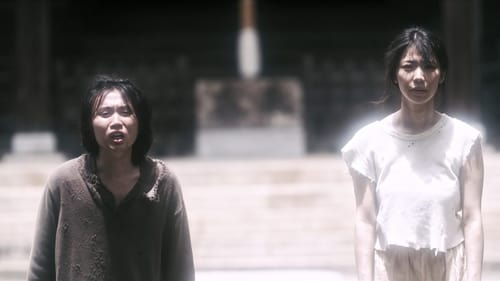
Bottle Mail
Filme de antologia dirigido por diversos diretores japoneses sobre o efeito do COVID-19 na vida e jeito de viver das pessoas.
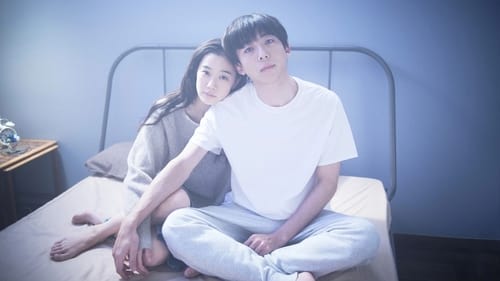
Kinji Aikawa
It was a pre-destined love and marriage for Sonoko and Tetsuo. They tied the knot and became husband and wife no questions asked. All is well then. Well, perhaps not. Each holds a secret that even the binds of matrimony cannot untie. Sonoko does not know that Tetsuo makes sex dolls or Dutch wives. Sonoko has a secret too. She is about to tell Tetsuo what she has been hiding. Their marriage is already sexless. Will they make it?

Short film in which a village is terrorized by a monster. The local police investigation seems to be getting nowhere. This idiosyncratic film examines social conventions, interaction and bureaucracy.

Original Music Composer
When the US Army realized its deficiencies in intelligence operations against Japan in WWII, Japanese Americans were secretly trained to be soldiers of the Military Intelligence Service. They showed their patriotism to US, the nation that had caged their families in the internment camps by choosing to fight against the same race. Not only had they tremendously contributed to America's victory, but also to the successful recovery of Japan using their skill in language. However, the US government had kept their existence as a top secret. Who were these soldiers whom called the Human Secret Weapon?
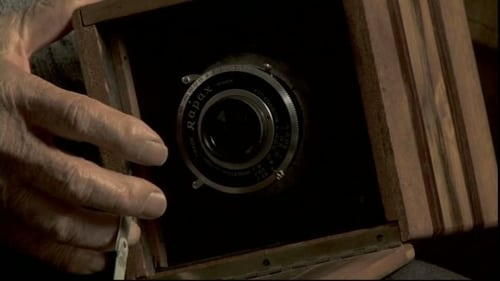
Original Music Composer
Even though bringing in cameras to the internment camps was prohibited, one man managed to smuggle in his own camera lens and build a camera to document life behind barbed wires, with the help of other craftsmen in the camp. That man was Toyo Miyatake, a successful issei (first generation immigrant) photographer and owner of a photo-shop in the Los Angeles Little Tokyo district, and of one of the many Americans who was interned with his family against his will. With his makeshift camera, Miyatake captured the dire conditions of life in the camps during World War II as well as the resilient spirit of his companions, many of whom were American citizens who went on to fight for their country overseas. Miyatake said, "It is my duty to record the facts, as a photographer, so that this kind of thing should never happen again."

Self
From Domo Records comes this live concert performance by Buddhist musician Kitaro. Kitaro: Daylight, Moonlight - Live in Yakushiji was shot at Japan's Yakushiji Temple and features renditions of such songs as "Silk Road," "Water of Mystery," "Free Flight," "Heaven and Earth," and several others.
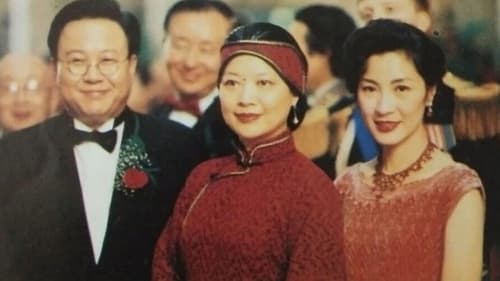
Original Music Composer
The Soong family was a political dynasty in China that reached the highest levels of power. This film follows the lives of the three Soong daughters, who were educated in America and returned to China. Ai-ling married a wealthy and powerful businessman. Ching-ling married Sun Yat-sen, the revolutionary founder of modern China. Mei-ling married Chiang Kai-shek, China's leader during World War II. The sisters captured the world's fascination for their brilliant marriages and their strong influence on their nation.

Self
An Enchanted Evening is a live album recorded during Kitaro's world tour in 1995. It features music from his studio album, Mandala, and music from his original score for Oliver Stone's movie, Heaven and Earth. Resonant with exotic Japanese instrumentation along with the more familiar guitar, flute and drums, it shimmers one minute and rumbles the next by turns soothing and stirring, rhythmic and dramatic, yet surprising intimate. It is a unforgettable event with contrasts that takes its cue from nature and spirit drawing refrains of the East and West together.
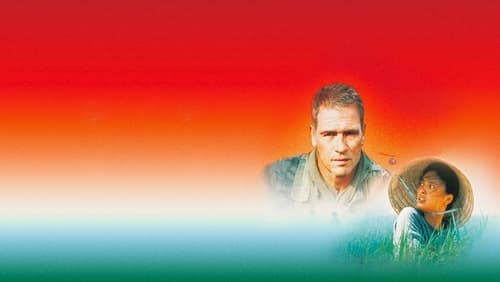
Original Music Composer
Durante a Guerra do Vietnã, uma jovem vietnamita é torturada pelos dois lados das forças em conflito. Ao fugir do seu vilarejo, emprega-se como babá em uma casa de família e acaba ficando grávida do dono da casa. Posta na rua pela patroa, torna-se vendedora ambulante e até se prostitui, para sustentar a si e ao filho, até conhecer um sargento americano, com quem se casa e vai morar nos Estados Unidos da América. Lá ela conhece um mundo totalmente diferente, mas que também não está livre dos velhos rancores e preconceitos.
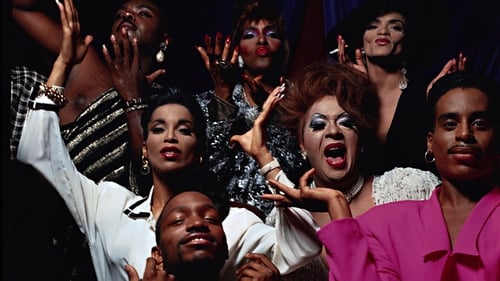
Music
Documentário filmado em meados dos anos 80 e só finalizado em 1990. "Paris is Burning" é uma crônica sobre a "ball culture" de New York e as minorias culturais que participavam e organizavam este evento: comunidade homossexual latina e afro-americana. Ball Culture foi uma "cena underground" muito específica, onde se misturava desfile de moda com habilidades de dança como o breakstreet, movimentos hieróglifos do Antigo Egito e ginástica olímpica. A enigmática cantora-performer Grace Jones utilizou desta cena para compôr seu estilo.

Kitarō
Kitaro has long been one of the leading lights of new age music. This program captures him in a 1990 live appearance from one of his increasingly rare concert tours, performing selections from Kojiki: A Story in Concert, a musical adaptation of legends from traditional Japanese folklore
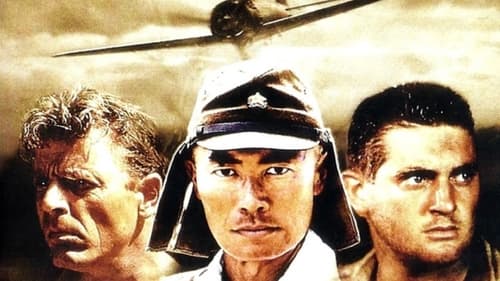
Music
A group of war prisoners has spilt blood, sweat and tears to construct a bridge over the river Kwai in Thailand. Just when the bridge is ready, an American bomber arrives and destroys it. Camp commander Tanaka wants to set an example and orders that some of the prisoners must be executed. Just in time major Harada arrives with orders that the healthiest prisoners must be transported to Japan by train and boat. A treacherous journey since the allied forces keep a close eye on railroads and practically own the seas.
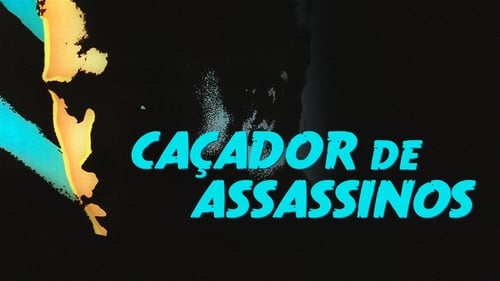
Music
Afastado do FBI por conta de um colapso nervoso, o agente Will Graham é convocado novamente para auxiliar na captura de um perigoso serial killer que tem aterrorizado a cidade. Com especial habilidade em desvendar mentes criminosas, ele precisará contar também com as dicas do último homem que prendeu, responsável por provocar sua crise: o Dr. Hannibal Lecktor.

Original Music Composer
Back in 1837 in the Northwoods of Canada and beyond, a movement was started among the colonialists to demand the right to own property in the New World. This interesting docudrama follows the tragic outcome of that movement for one of its leaders, the pacifist and nearly beatific Samuel Lount (also the great-great-great uncle of producer Elvira Lount). The orator and journalist William Lyon Mackenzie stoked up the fire among the property-deprived, and a march on Toronto was begun. Lount was convinced to join the rebellion much against his better judgment -- he belonged to the Children of Peace religious sect. Lount's own pacifism meant nothing to the authorities; they executed Lount for treason after crushing the rebellion. R.H. Thomson plays the title role in this low-budget but high-energy effort.

Music
Coral, a Hong Kong woman tortured by city life, went back to her home town to visit her two old friends. They all found that some precious things in life which disappear through the years could never be recovered.
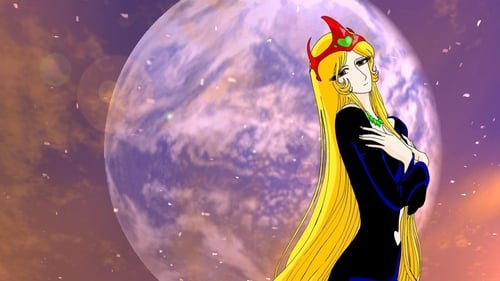
Original Music Composer
The planet LaMetal is on a collision (and conquering) course with the Earth, and the only one who can stop the forthcoming catastrophe is Queen Millennia, a former princess of La-Metal who has made Earth her home.

Self










